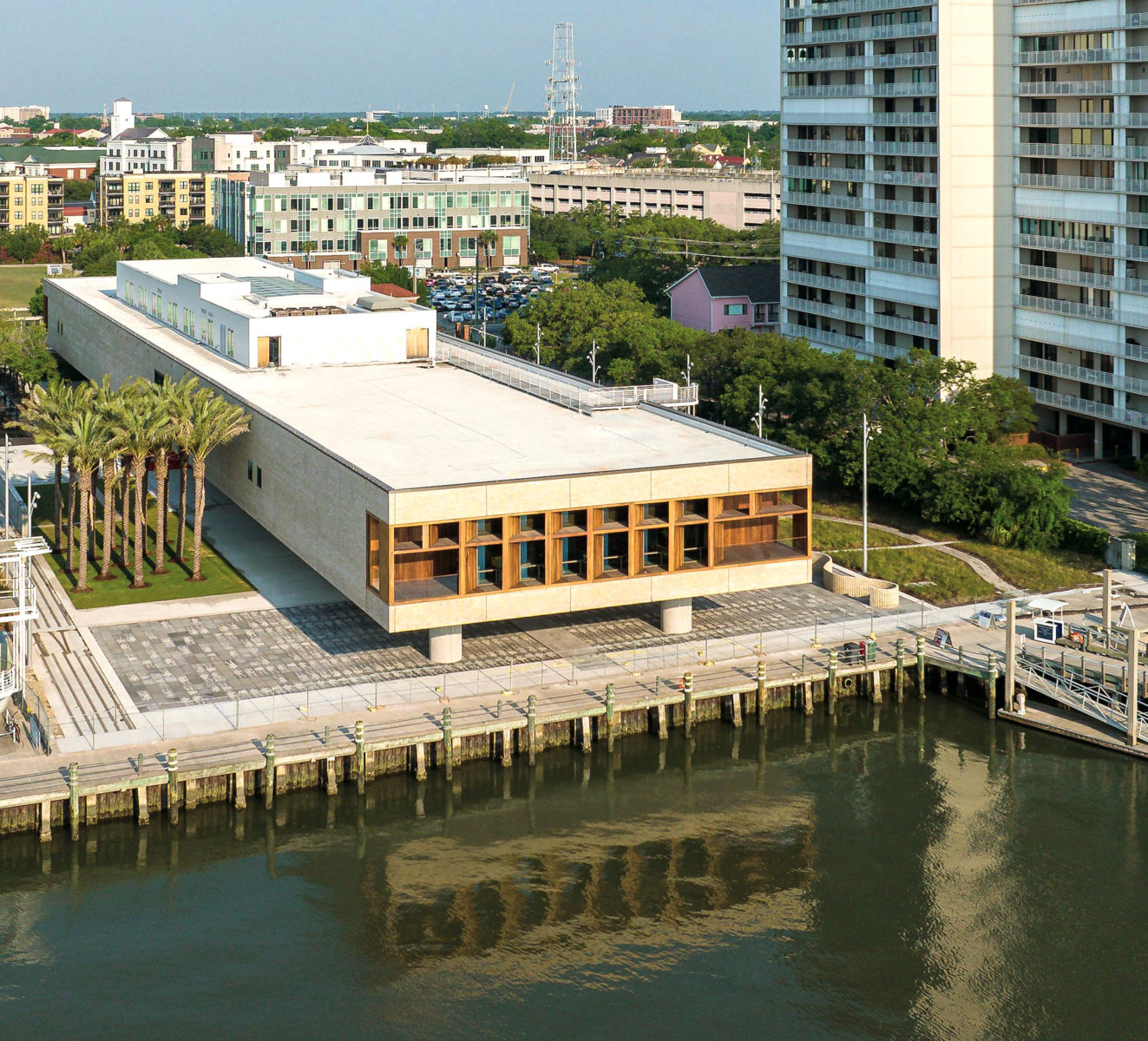Post and Courier: Charleston’s civil rights history can be appreciated at numerous sites in the area

For more than a century, Charleston was the wealthiest city per capita in all of North America. Why? Rice. Up the intertidal Cooper and Ashley rivers sat dozens of plantations, each relying on enslaved people to clear the swamps, prepare the rice fields, build the berms and gates, plant and harvest, thresh and bag, and transport Carolina Gold to the old city wharfs for export.
Black people from Sierra Leone and elsewhere on Africa’s Rice Coast, forced to abandon everything and labor thanklessly for White landowners, knew what to do. Many of them, however, didn’t make it to the rice fields.


